Bollywood superstar Shah Rukh Khan's cousin sister Noor Jehan died in Peshawar, Pakistan. She was 52. The death happened following a prolonged battle with cancer.
Her husband Asif Burhan confirmed Noor Jehan’s demise. He said that she was suffering from oral cancer.
Known by her nickname Munni, she used to contact her celebrity cousin on telephone occasionally.
Noor Jehan used to live in Mohallah Shah Wali Qataal area near the Qissa Khwani Bazaar in Peshawar.
King Khan’s father and Jehan’s father were siblings.
Noor Jehan was very much active politically as served as a district and town councillor.
She even filed nomination papers for the provincial assembly PK-77 seat in the 2018 General Elections before withdrawing at the last moment.
Noor Jehan was reported to have visited her superstar cousin at least twice, with her family maintaining close contact with the relatives across the border.
According to the reports, Khan also visited his relatives in Peshawar along with his parents twice during his childhood.

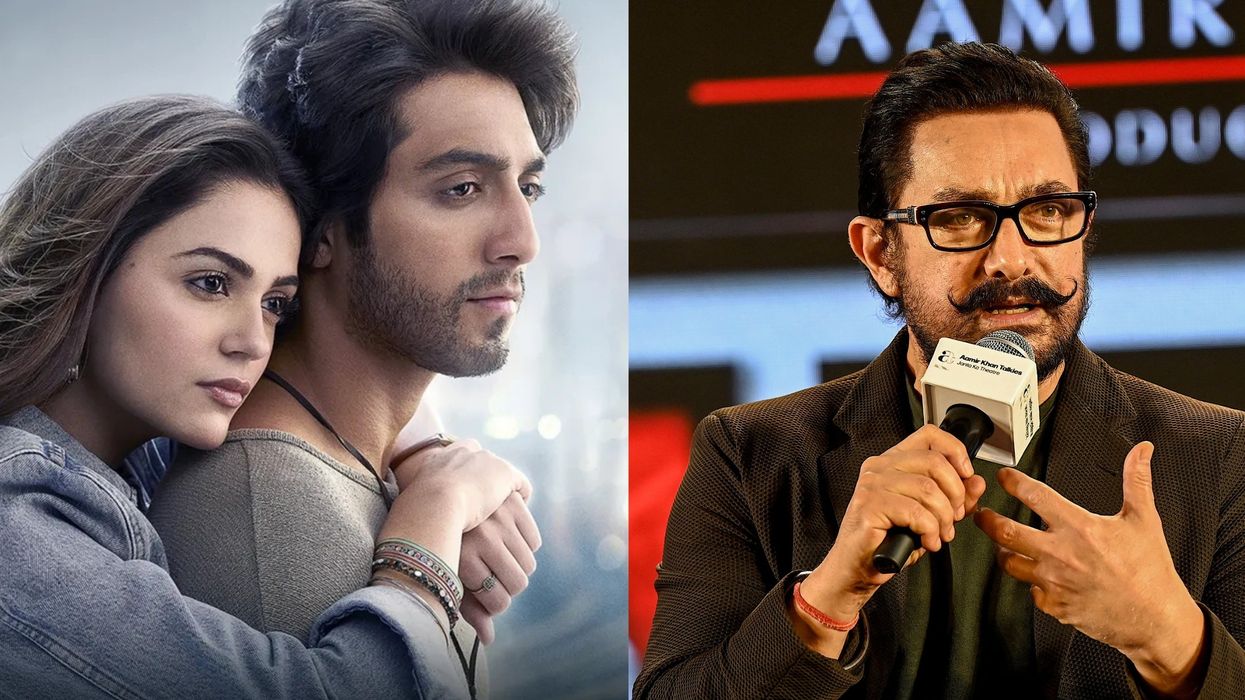
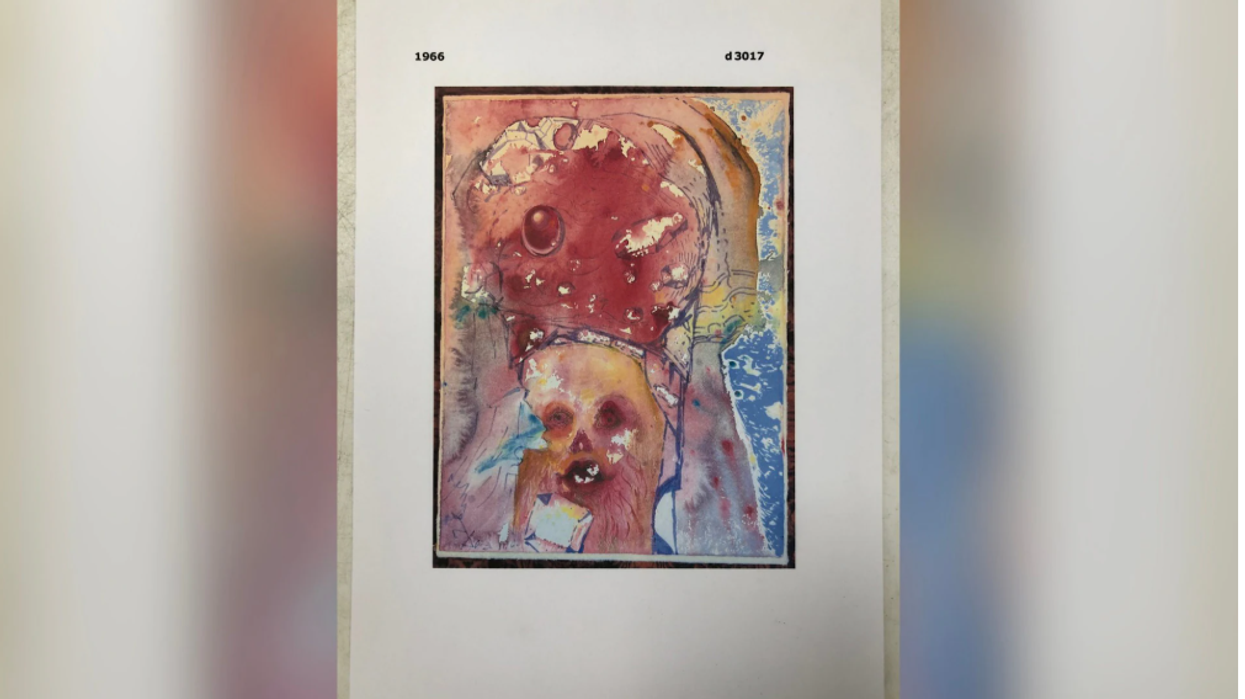













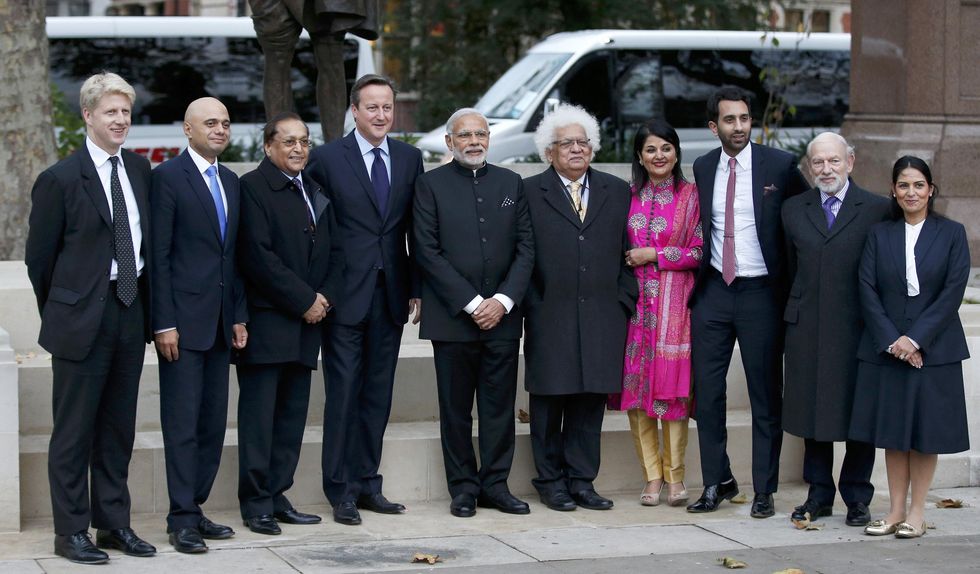 Desai (sixth from left) with Jo Johnson, Sajid Javid, Rami Ranger, David Cameron, Lady Kishwar Desai, guest statue sculptor Philip Jackson and Priti Patel
Desai (sixth from left) with Jo Johnson, Sajid Javid, Rami Ranger, David Cameron, Lady Kishwar Desai, guest statue sculptor Philip Jackson and Priti Patel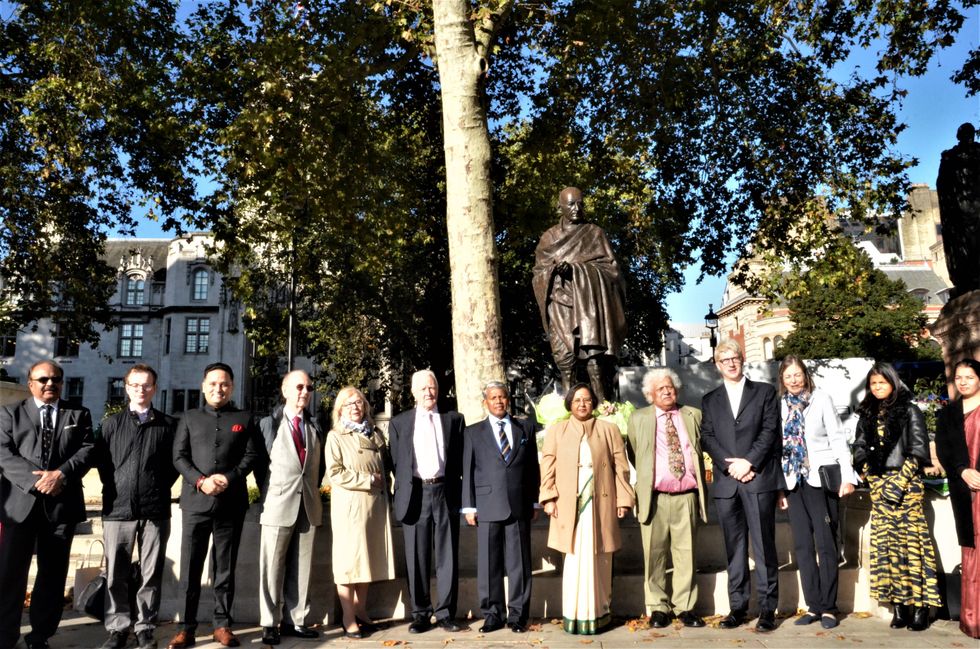 Desai during the Mahatma Gandhi anniversary in Parliament Square on October 2, 2019
Desai during the Mahatma Gandhi anniversary in Parliament Square on October 2, 2019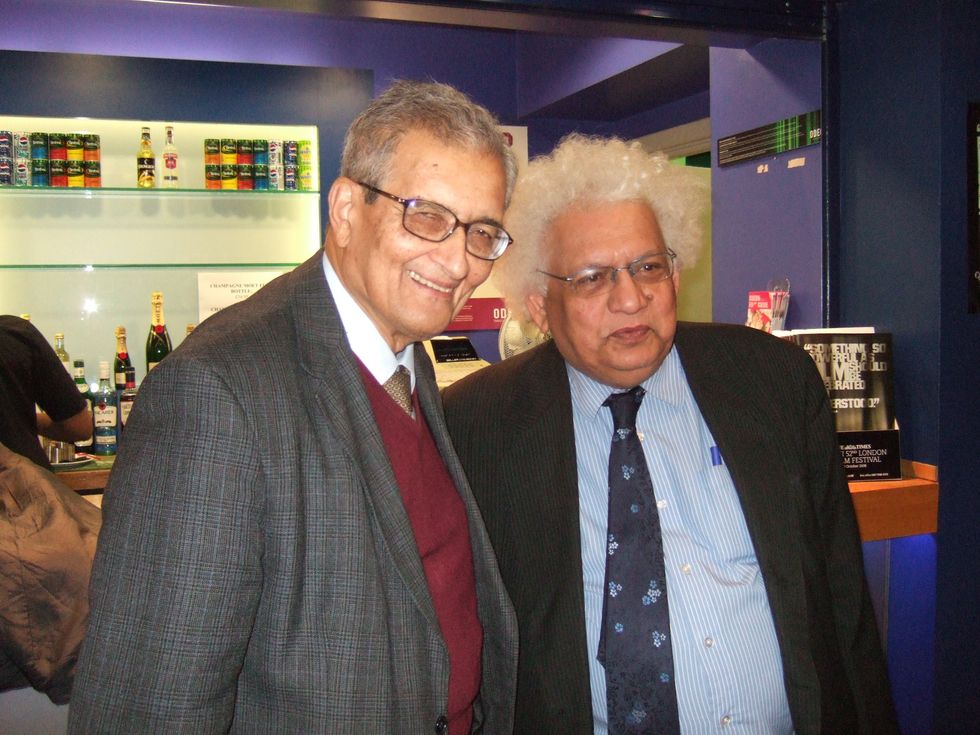 Desai with Amartya Sen (right)
Desai with Amartya Sen (right)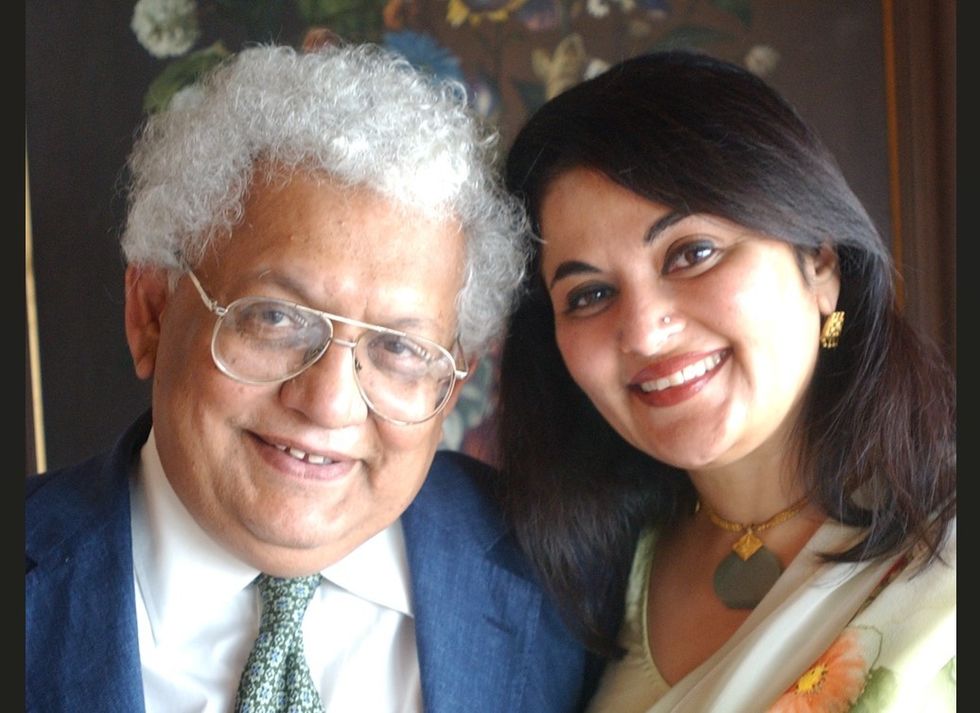 Desai with wife Kishwar
Desai with wife Kishwar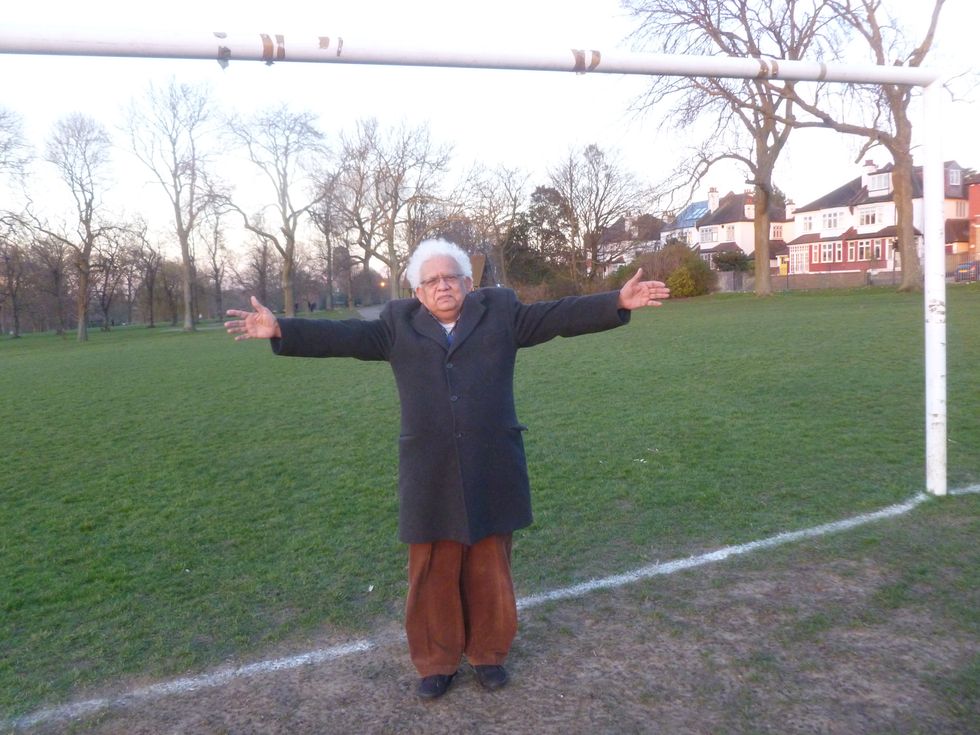 Desai said, “Everybody has been nice to me. I have had a lovely life.”
Desai said, “Everybody has been nice to me. I have had a lovely life.”

